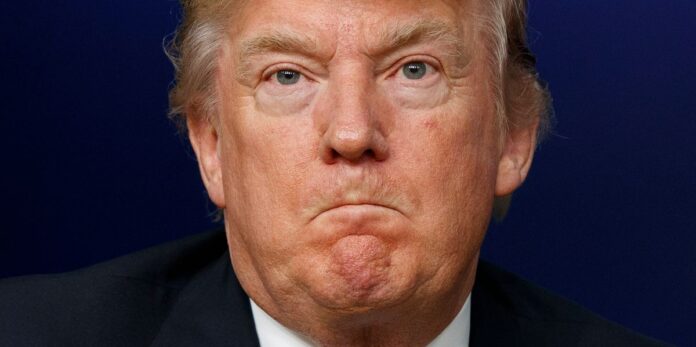Key Falsehoods or Claims: The article discusses the possibility of Donald Trump running for a third term in 2028, as well as the admission by Steve Bannon that MAGA operatives are working for an unprecedented cause.
Source: The Economic Times is a reputable and neutral outlet.
Analysis of Falsehoods and Impact on Public Opinion: The false claim that Donald Trump may run for a third term in 2028 is not supported by the Constitution, which limits the president to two terms. This type of misinformation can shape public opinion by creating confusion and uncertainty about the democratic process. The admission by Steve Bannon about MAGA operatives working for an unprecedented cause could potentially fuel conspiracy theories and further divide public opinion.
Threat to Our Democracy: The spreading of these falsehoods and conspiracy theories poses a threat to our democracy by undermining the public’s trust in the electoral process and creating a climate of uncertainty and division.
Hypothetical Public Reactions or Political Outcomes: If these falsehoods gain traction, they could potentially influence voter behavior by sowing doubt about the legitimacy of future elections. This could lead to decreased voter turnout and an erosion of faith in the democratic system.
Further Reading: For further reading on the impact of misinformation on public opinion and democracy, reputable sources such as the Pew Research Center and the Harvard Kennedy School’s Shorenstein Center on Media, Politics and Public Policy can provide valuable insights. Additionally, studies on media influence and misinformation, such as those by scholars like Brendan Nyhan and Jason Reifler, offer in-depth analysis of these phenomena.
Source link
Redirect URL
